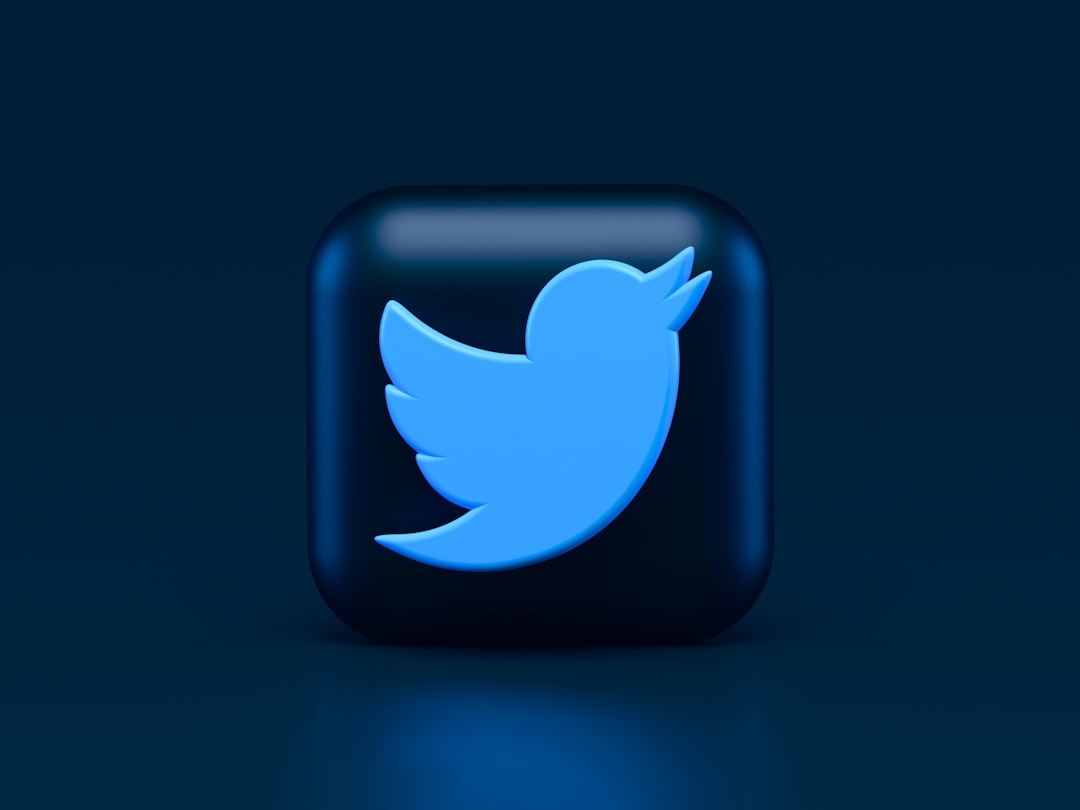Some thoughts on the unsurprising Twitter Files 2.0
No one should be shocked a tech company where key staffers with ties to the Democratic Party would be undermining conservative voices.
Summary: The revelation Twitter was working to undermine the voices of conservative voices with a history of inflammatory tweets is unsurprising. More content on the Hunter Biden story would make subsequent editions of the Twitter Files worthwhile.
As promised, the latest installment of the Twitter Files came last night via Bari Weiss and the big reveal was Twitter under its former ownership was actively seeking to limit the reach of controversial conservative voices.
Well, duh. If you didn't think that was happening at a Silicon Valley-based company where key staffers had ties to the Democratic Party and held positions dedicated to online safety and halting misinformation, you were being naive. That's something right-leaning voices have long suspected with good reason.
Bari Weiss' reporting via a Twitter thread last night was the exact right formula to whip conservatives in a frenzy over online censorship. After identifying aspects of the blacklisting efforts, such as preventing disfavored accounts from trending and secret tags to accounts unbeknownst to those users, Weiss names top conservative voices Dan Bongino, Charlie Kirk and Libs of Tik Tok as among those under the limitations.
The latest reporting undeniably has value and validates widely held suspicions Twitter was all along undermining those voices and doing so with ideological motivation. Based on Weiss' tweets, Twitter's censorship appears unevenly applied and exclusively designated for users with a conservative viewpoint. Core tenets of journalism are bringing clarity and holding powerful institutions accountable, and that's what was demonstrated here.
But here's the thing: I find revelations Twitter engaged in suppressing these particular voices unsurprising and not an unreasonable approach for the company. The users Weiss identifies don't just hold a certain viewpoint. They have a history of inflammatory and sometimes baseless tweets. In the case of Libs of TikTok, they're often at the expense of unwilling subjects in the general public presented mockingly in unflattering ways. Additionally, it's not like these accounts were utterly inaccessible. In fact, despite Twitter's apparent efforts to undermine them, they were some of the most popular and influential accounts online.
One exception to my characterization of the blacklisted users as bombastic and inflammatory is a medical expert named among them, Jay Bhattacharya of Stanford University. His apparent crime was arguing COVID lockdowns and school closures would come at a high cost to children, as we now see with mental health issues and education regression among our youth. If the blacklisting were based on that anti-lockdown viewpoint, it would be consistent with the mass hysteria over the pandemic that wouldn't let any contrary views uttered against the threat of the virus and now discredited views of leading health officials.

I understand the consternation over Twitter executives denying they were shadow-banning accounts when in fact they engaged in efforts to limit the reach of certain users. But what I see here is a war of semantics. Twitter executives were able to say they weren't shadow banning anyone because that term could mean different things to different people, especially when those users revealed to have been tagged with a blacklist were still able to tweet and have significant influence.
Free speech is important to the Weekly Dystopia as a foundational value of Western civilization. I think it's great Elon Musk champions that principle and I hope he applies that to Twitter as much as possible. I also realize at the end of the day, Twitter is a privately owned company, not an arm of the U.S. government subject to the First Amendment, or even a public utility. Everything that is tweeted has the inherent message of "brought to you by Twitter," so I understand the company would be uncomfortable with certain kinds of content. The inflammatory tweets of conservative bomb-throwers would be among them.
Speaking of Musk, some criticism has emerged Matt Taiibi and Weiss are allegedly doing public relations by working with him on release of the Twitter Files. Generally speaking, I think that criticism rejects a fundamental concept of journalism keeping powerful entities transparent and accountable — in this case, the previous executives at Twitter. Sometimes in order to hold a powerful entity accountable, you have to make a deal with another power entity.
On the other hand, there's a germ of truth in that criticism. All the focus on the Twitter Files has diverted attention away from Musk's problems upon his $44 billion acquisition of Twitter, including the disastrous launch of the $8 a month Twitter Blue option and the major exodus of advertisers. Meanwhile, the exposure of censorship practices under Twitter's previous ownership is making Musk a hero in conservative circles, so he's building up a base of support with these efforts.
Upon the release of the second installment of the Twitter Files, I was expecting more on internal efforts to suppress the perfectly accurate Hunter Biden laptop story, not disclosures on efforts to limit the reach of controversial, inflammatory voices. The former was an assault on journalism and stymied the release of relevant information on public figures amid a 2020 presidential election, the latter is curating content to limit the impact of two-bit commentators.
More Hunter Biden stuff or bust. Weiss ended her thread by saying more is to come, but I don't know if it'll hold my interest. As I've said before, making the content of the Twitter Files accessible to the entire public as opposed to a few select reporters would go a long way and allow the market-based system to determine which information is relevant and which is not. There’s still an opportunity for that in a subsequent edition of the Twitter Files.

